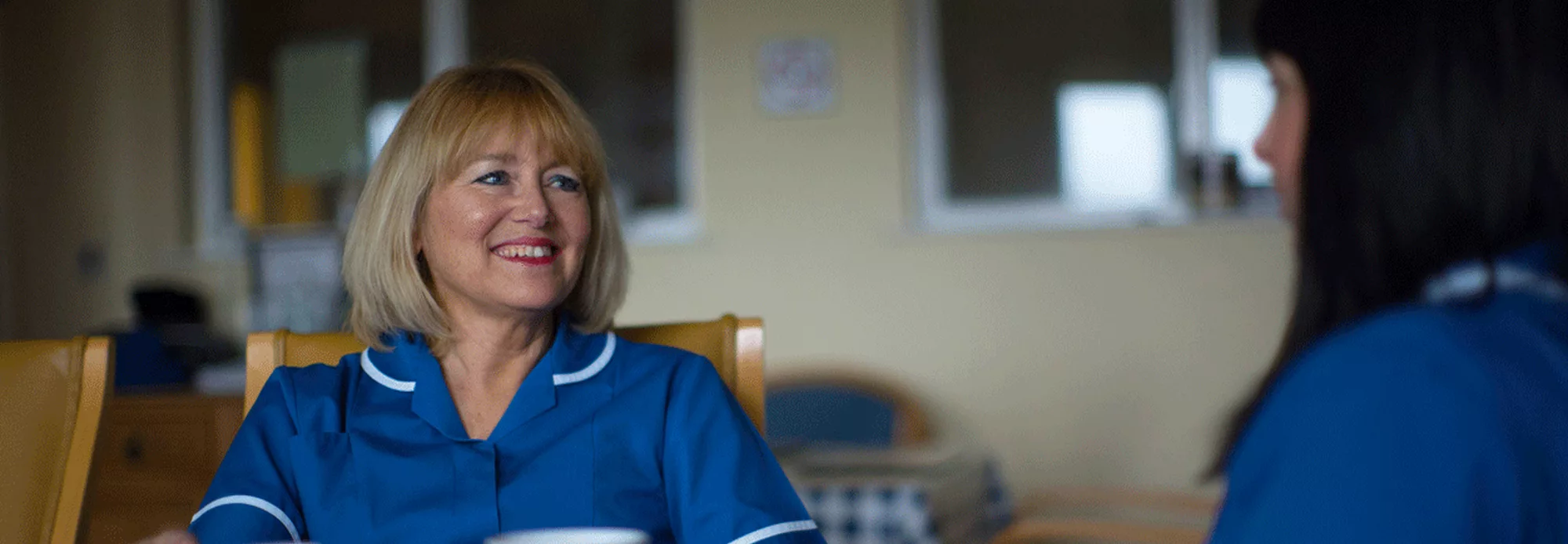Social care workers feel more valued for the work they do than they did last year, but their well-being is worse than the UK average according to our second annual ‘Have Your Say’ workforce survey.
As in 2023, most people who work in social care do it because they want to make a difference to people’s lives. But pay is still a concern and plays a part in some wanting to leave the sector.
We carried out this survey between January and February 2024. In total, 5,024 social care workers responded, from a wide range of roles. This was an increase of almost 2,000 on the number who responded last year.
The survey asked questions about things such as health and well-being, pay and conditions, and what people like about working in the sector. This year, we also asked more questions about things such as bullying, harassment and discrimination, to get a deeper understanding of workers’ experiences.
The research found the percentage of workers who feel valued by their colleagues (80 per cent), the people they support (80 per cent), managers (70 per cent), partner agencies (57 per cent) and the public (51 per cent) are all higher this year than in 2023. The figures for partner agencies and the public have risen from 48 per cent and 44 per cent respectively.
But we also found that workforce well-being scores were worse than the UK average, using four measures set out by the Office for National Statistics.

